Search
Research
Pathogens on the rise: is impaired immunity the cause of chronic ear and chest infections?Ruth Elke Peter Thornton Seppanen Richmond PhD BSc PhD MBBS MRCP(UK) FRACP Co-head, Bacterial Respiratory Infectious Disease Group (BRIDG) Program
Research
Immunogenicity and Safety of a 2 + 1 DTPa Priming Schedule in Australian Infants and the Impact of Maternally Derived Antibodies on Pertussis Antibody Responses up to 4 Years of AgeWe assessed the impact of maternally derived pertussis antibodies on infant responses to a 2 + 1 vaccine schedule (6 weeks, 12 weeks, and 12 months). Infants with baseline antibodies showed lower IgG responses following the primary vaccination series, but this did not impair booster responses at 4 years of age.

News & Events
Top five things you should know about the measlesDr Tom Snelling from The Kids explains the top five things you should know about the virus and why having the measles vaccine is so important.
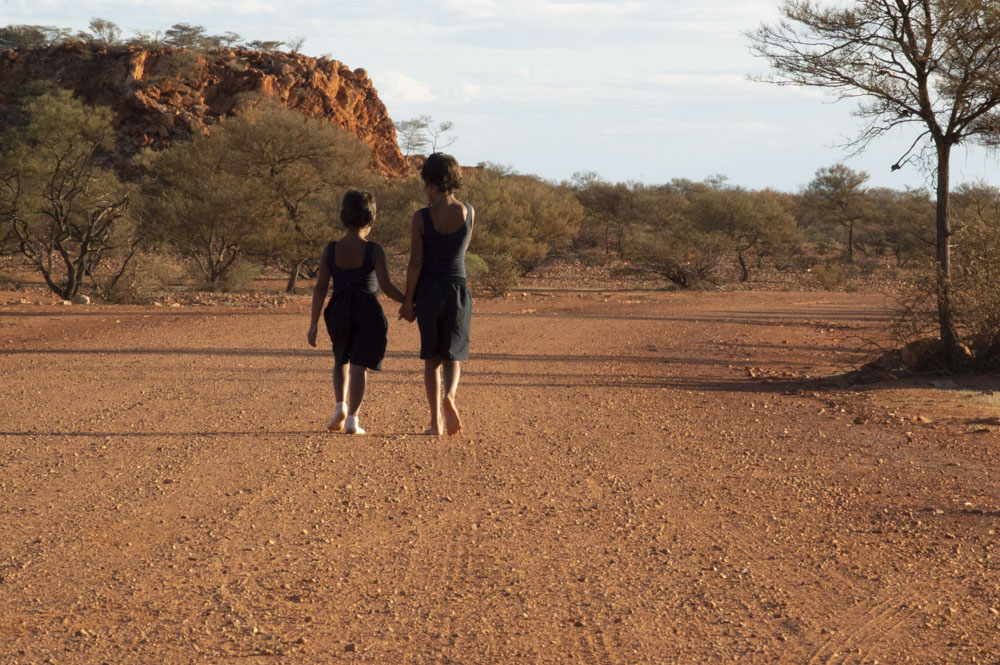
News & Events
Six-minute Strep A tests dramatically cut wait time in remote settingsChildren at risk of potentially life-threatening Strep A infections no longer have to wait five days for timely treatment, thanks to a The Kids Research Institute Australia study conducted in the remote Kimberley region of Western Australia.
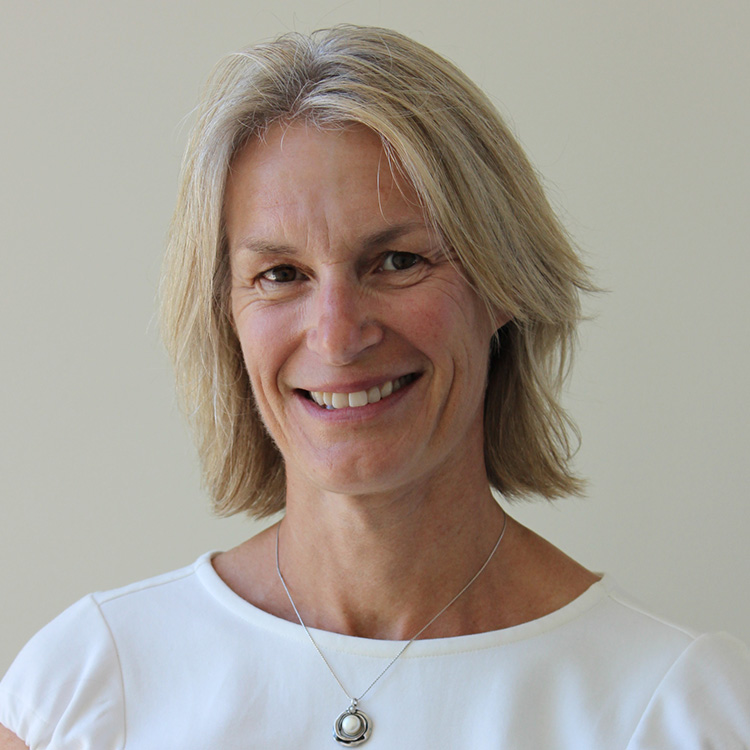
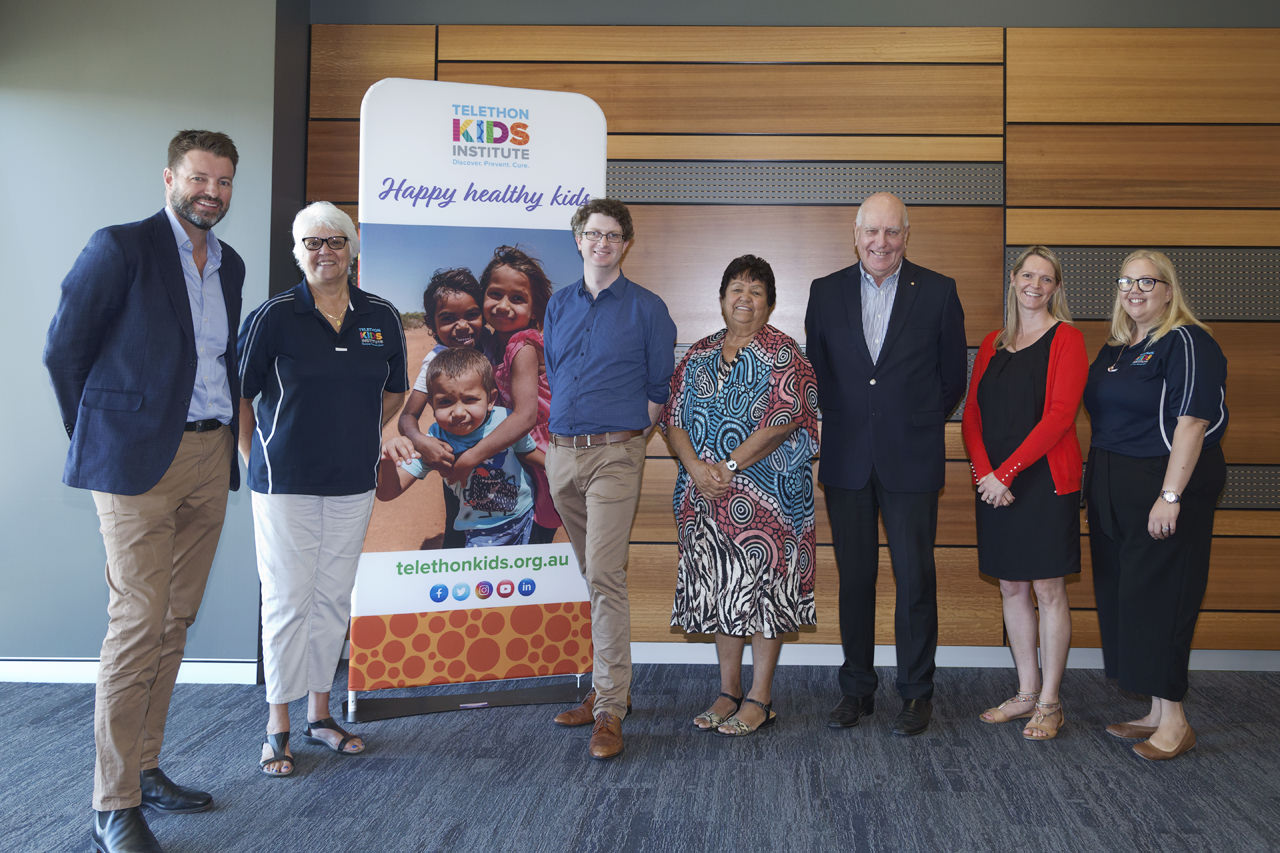
News & Events
Local business to support Aboriginal ear health programEvery year 650,000 Australian children suffer from recurrent or chronic middle ear infections called otitis media (OM).
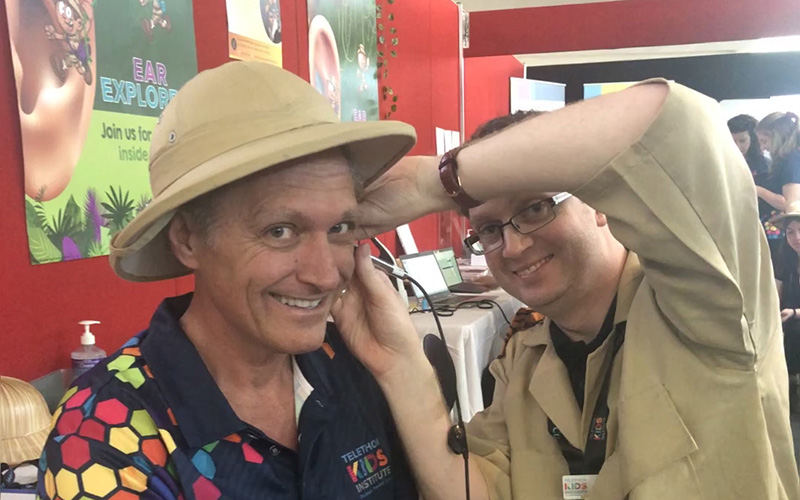
News & Events
Ear Explorers shows latest video technology helps ear disease diagnosisFindings from The Kids Research Institute Australia’s ‘Ear Explorers’ real-life research project undertaken as part of the 2019 Telethon weekend, found short videos were more helpful than photos when making a diagnosis.
Research
Strep A (Group A Streptococcus)Streptococcus A is a bacterium often found in the throat and on the skin.
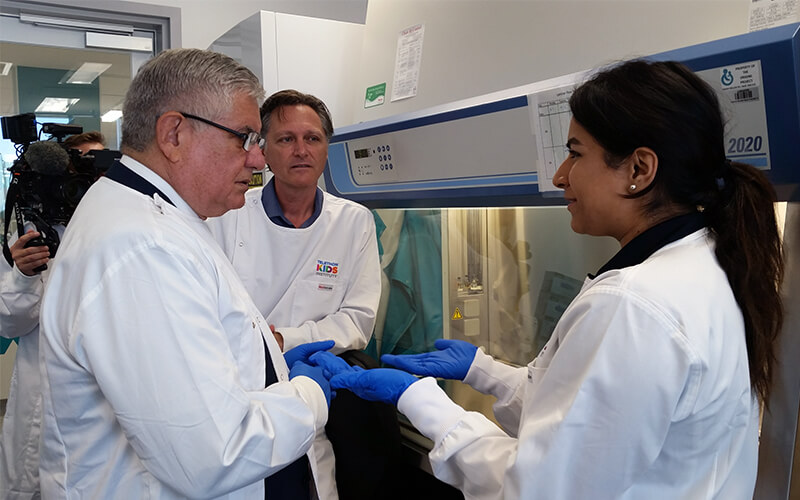
News & Events
$35 million to develop vaccine with potential to save half a million lives per yearA vaccine to prevent rheumatic heart disease (RHD) and other life-threatening conditions caused by the common Strep A bacteria is a step closer thanks to funding announced by Minister for Indigenous Health, Hon Ken Wyatt AM, MP, in Perth today.
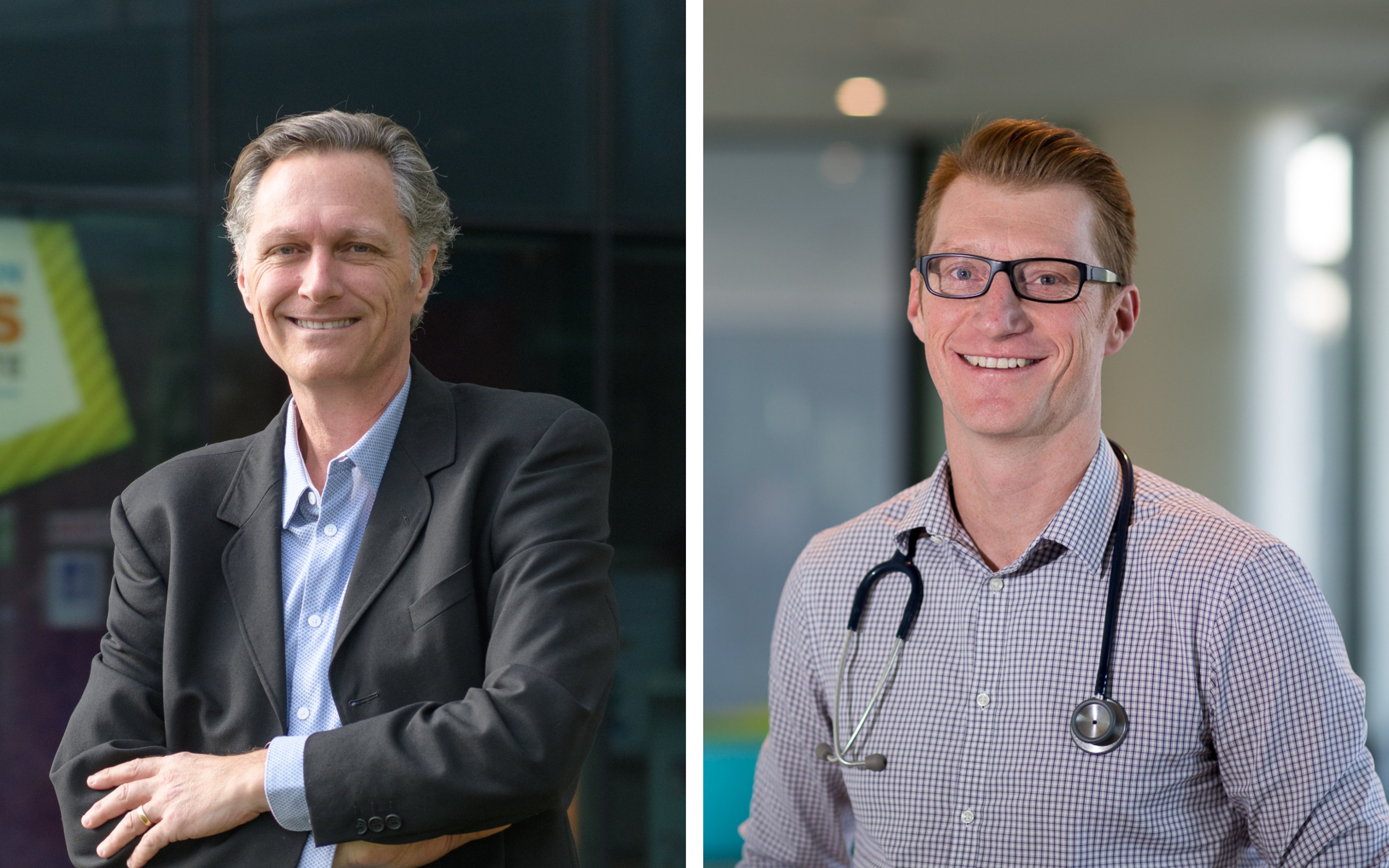
News & Events
Global organisation backs Strep A vaccineA global philanthropic organisation has backed an Australian-led bid to develop a Strep A vaccine which could save millions of lives around the world.
